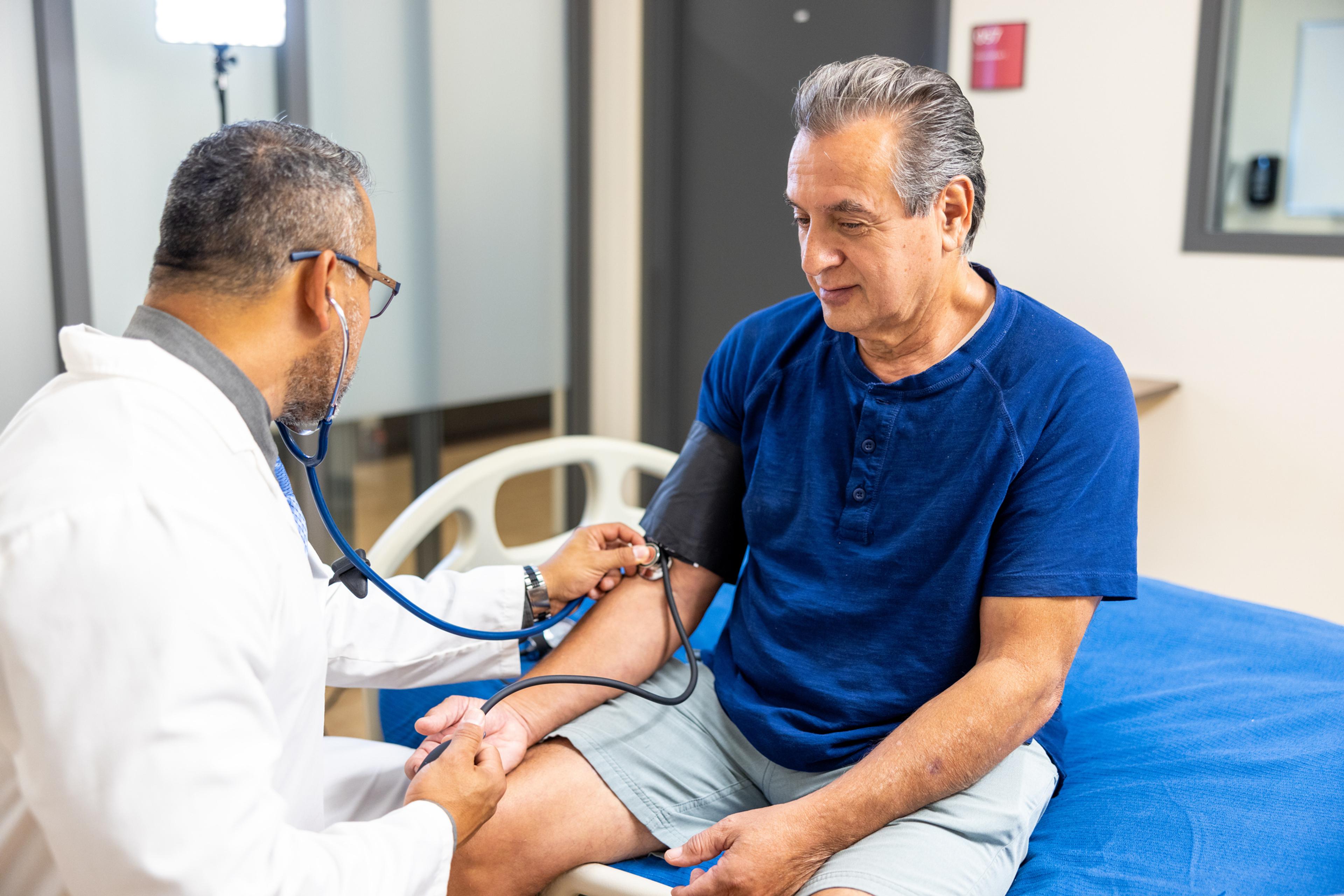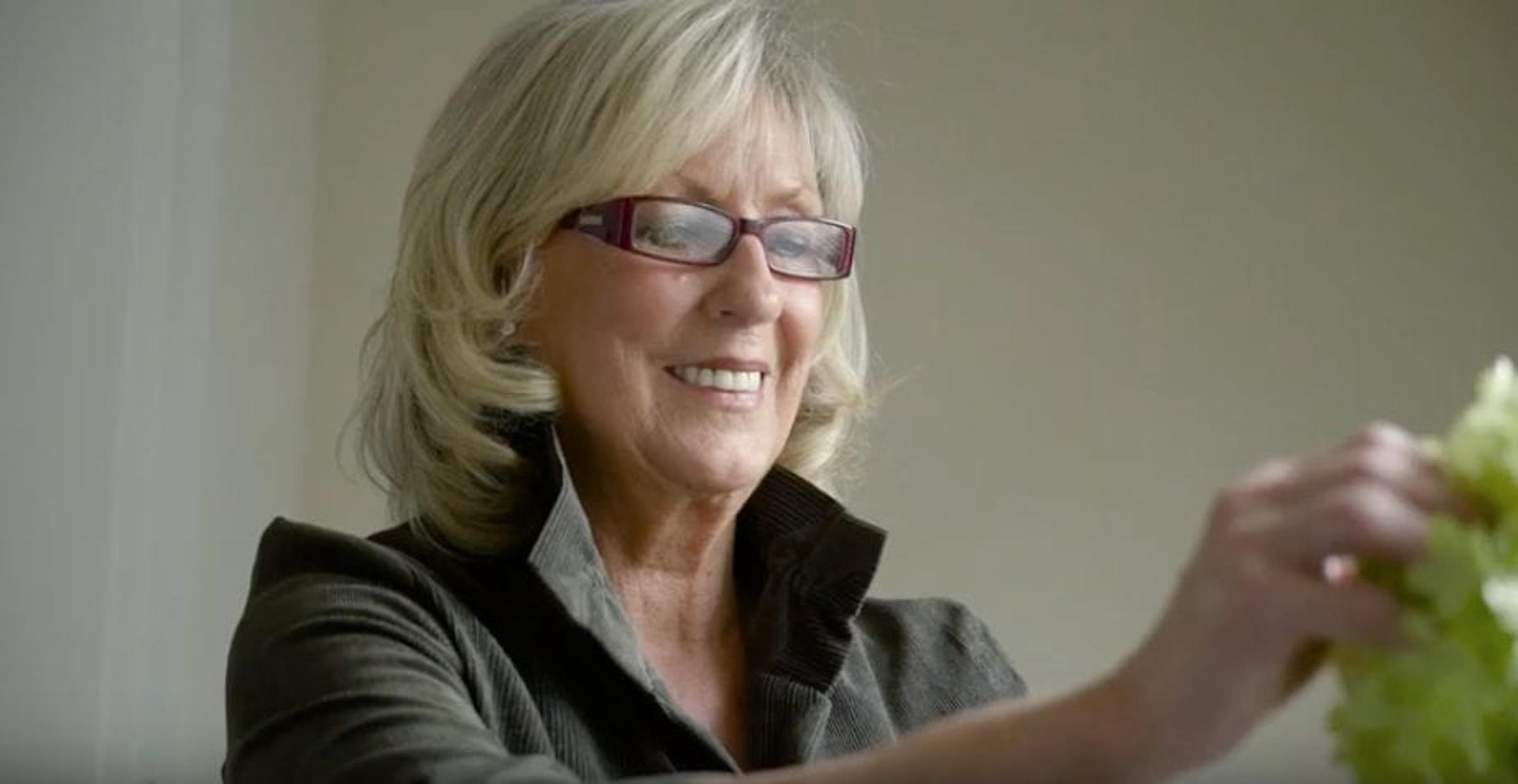Five Healthy Habits to Make by Age 35
Amy Barczy
| 4 min read
Amy Barczy is a former brand journalist who authored...

If you’re a millennial – meaning you were born between 1981 and 1996 – chances are, you don’t see a doctor regularly. That’s the case for as many as 50% of the millennials living in the U.S. today, according to a recent survey. When you’re young and healthy, it might be easy to rely on urgent cares and clinics for any health needs when you’re sick. But as you approach age 35, it’s important to take steps to keep yourself healthy – and prepare your body and life for the big 4-0.
1. Find a doctor
Establishing a relationship with a primary care provider will help ensure you continue to stay healthy as long as possible and give you a baseline understanding of your health. Primary care providers offer same-day sick appointments – just like urgent care – with the benefit of knowing your existing health history and medications. They can also support you through behavioral changes, like addressing insomnia, anxiety and alcohol and substance use concerns.
- Blue Cross Blue Shield of Michigan and Blue Care Network members can find a doctor by using our online “Find a Doctor” tool
They also can remind you to schedule an annual checkup to stay up to date on vaccinations and screening tests. For women, this is especially important to keep up with screenings for breast cancer and cervical cancer. Primary care providers can also help with referrals to specialists should you need them – including for physical therapy, dermatology, surgery and more. Visiting the dentist and eye doctor for regular checkups should also be a priority. Eye doctors can detect the early warning signs of conditions like diabetes, high blood pressure and hypertension. The American Academy of Ophthalmology recommends all individuals have an eye exam by the time they turn 40, even if you have no eye issues.
2. Learn your family health history
If you are unsure of your family’s health history, it’s time to learn as much as you can. Certain diseases and cancers in older generations of your family can raise your risk for developing them yourself. For example, if you have a family history of colon cancer, your doctor might recommend a screening test like a colonoscopy before the recommended age of 45.
3. Know what a normal blood pressure is for you
Blood pressure is a good indicator of the early warning signs of many chronic conditions that you might not otherwise notice developing. While a typical blood pressure is 120/80, what is considered “normal” for your body might be slightly above or below that reading. A primary care doctor can help you understand your blood pressure and what is healthy for you.
4. Establish healthy habits
While you may be enjoying good health now, maintaining that level of health is going to become more difficult after age 35; especially if you have not established a solid foundation of healthy habits. Small hormonal and metabolism changes begin to occur in women and men as they approach age 40. Creating solid habits now can help your body as it begins to age in the coming years. This includes:
- Getting at least 150 minutes of moderate-intensity exercise per week, or 75 minutes of vigorous aerobic activity per week
- Eating a balanced diet with whole grains, lean protein, fresh fruits and vegetables and healthy oils and fats
- Establishing a healthy sleep routine
- Practicing self-care
- Learning what stress management techniques work for you
- Seeking help for mental health concerns
Physical and mental health are closely intertwined. These healthy habits will support your body’s physical functions and will also bolster your mental health. However, it’s important to seek out professional help if your feelings of stress, anxiety and depression are interfering with your daily life or are lasting for longer than two weeks. Learn more at bcbsm.com/mentalhealth.
5. Quit smoking
The earlier you can kick the habit of smoking – or vaping – the better. But, there are specific studies that have marked the benefits of quitting smoking by age 35. Quitting smoking by age 35 can “effectively eliminate” the risk of dying from lung cancer. Members with Blue Cross and Blue Care Network coverage can find help for tobacco cessation by logging in to their member account at bcbsm.com. Learn more here. More from MIBluesPerspectives:
- Detroit R&B Artist Shines Despite Rare Case of Multiple Sclerosis
- Four Signs You Need to Visit the Eye Doctor
- What a Colonoscopy is Really Like
Photo credit: Getty Images





